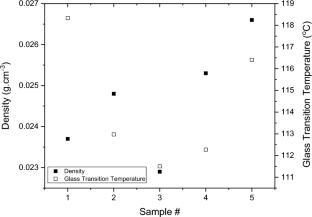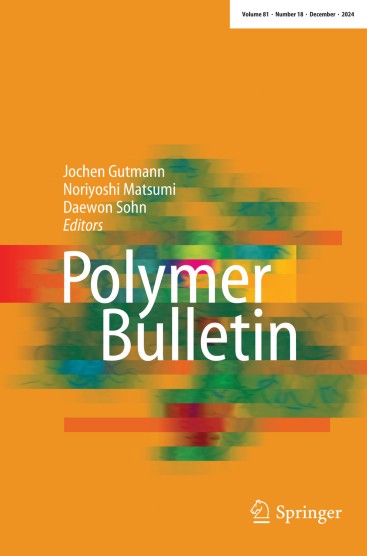Comparison of thermal insulation performance of foam extruded black EPS
Abstract
Thermal resistance of expanded polystyrene (EPS) insulation boards are investigated in terms of foam extrusion process equipped with an underwater pelletizer. This method has been used by several companies as an alternative process to obtain EPS beads from suspension polymerization of styrene. In this process either polystyrene granules with no cellular microstructure (general purpose polystyrene) or polystyrene beads with closed cell structure or both together can be used. Therefore, in this study, commercial general purpose polystyrene and expandable polystyrene materials were blended with either carbon black or graphite powder through foam extrusion process to obtain effective thermal resistance values. In order to make a fair comparison, materials were prepared similar to commercial recipes which include flame retardant and nucleating agent. It was observed that the compatibility of graphite powder with general purpose polystyrene was better than expandable polystyrene in terms of glass transition temperatures and thermal insulation values. The density of the prepared materials increased with the addition of carbon black to all samples. The best glass transition temperature was measured as 107.5 °C while the best thermal conductivity value was recorded as 0.2997 W/m.K which is fairly good when compared to commercial polystyrene insulation boards.



 求助内容:
求助内容: 应助结果提醒方式:
应助结果提醒方式:


